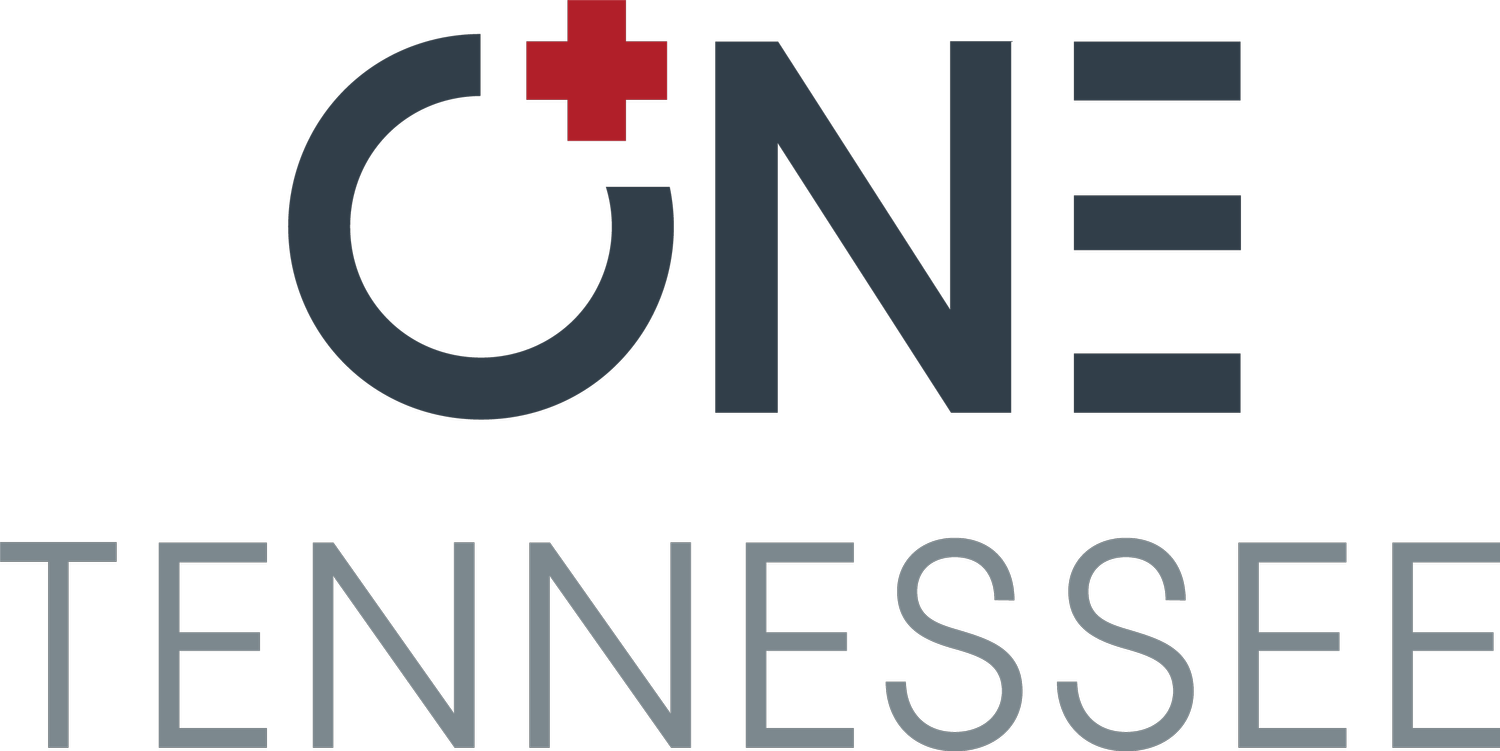
Tennessee's Academic Detailers help clinicians improve health and safety for individuals with chronic pain and/or substance use disorders
Academic Detailers are trained to help clinicians by:
Assessing challenges and barriers for clinicians and their patients
Sharing information about evidence-based practices and clinical guidelines for management of acute and chronic pain, including opioid and other therapies
Making clinicians aware of the latest regulations and requirements for opioid prescribing
Providing up-to-date resources to help address barriers for clinicians and their patients
Scheduling short, face-to-face or virtual sessions at times convenient for busy clinicians
Following up with additional information, as requested
To learn about the principles and techniques of Academic Detailing, or to learn how to become trained to serve as an Academic Detailer in your community click the link below to apply to ONE Tennessee’s free training program.
ONE Tennessee’s Academic Detailers
ONE Tennessee's Academic Detailers share information to help clinicians and their patients prevent and address opioid use disorder.
Featured Academic Detailers
ONE Tennessee has trained more than 60 clinicians to advise their clinical colleagues on management of chronic pain, opioid prescribing guidelines, screening and intervention for opioid use disorder, harm reduction strategies and resources for individuals with substance use disorders
Derrick LaRue, PharmD
Retail pharmacist in Middle TN
Mary Jane Brown, MD
Emergency physician in Middle TN
Joanna Buxkemper, PharmD
Clinical pharmacist in East TN
Sharon Moore, DPh
Behavioral health pharmacist in East TN
Jason Vinson, PharmD
Medication management & hospital pharmacist in West TN
Why Does Tennessee’s Academic Detailing Program Matter?
-
Tennessee is overwhelmed with overuse of opioids by people from every walk of life, some possibly even very like me-a mom, a wife, a degree in exercise physiology, a career in pharmaceutical sales, a background in marketing, writing, volunteerism—and someone that experienced surgical pain and who was prescribed opioid medications by three different doctors at the same time.
My doctors were good people, but for someone who was not used to taking much medication to begin with, after a surgery it very quickly got to where I could not go without the opioids. What they heard from me was “I’m in pain,” and as my pain increased, my doctors wrote me more prescriptions. My doctors didn’t think I was reliant on the pills. It was the only way they knew to help me. At a certain point, the pain switched because long-term opioid use causes a lack of self-awareness to distinguish the real pain, which is a different kind of pain, from the pain you think you feel. Deep down I sensed something was wrong, but at the time I was in a deep fog, unable to make rational decisions on my own. I could not find my own way out of the pain and the confusion.
Knowing the struggle, it was my mom who shared my symptoms with a pharmacist, who immediately said the words “opioid addiction.” It is important to know that it often takes someone else to put the pieces of the puzzle together.
There is hope in collaborating alongside clinicians to provide academic detailing and the one-one-one evidence-based clinical recommendations for the healthcare industry. Everyone wants to end the opioid crisis. In parts of the state, we are just starting to see the effects of programs and projects from the medical community, law enforcement, non-profit organizations and the court system. What has been missing is the faith community. I want to share my story and inspire our communities to overcome the stigma of addiction and follow the biblical mandate to meet people in distress wherever they are. No matter the organization or perspective people are coming from, if we work together and take a hard look at different strategies, we can figure out what is working and focus together as entities addressing the opioid crisis.
In partnership with the National Resource Center for Academic Detailing, ONE Tennessee is training 30 health professionals to become Academic Detailers in Tennessee, committed to ending the opioid crisis through collaboration and sharing of best practices with healthcare partners and the public. To find out more about how you can participate in Tennessee’s Academic Detailing Program, visit ONE Tennessee’s website or call 615-856-1458.
-
Ending the opioid epidemic is a complex and difficult task that has been made harder by the pandemic of COVID-19. I am convinced that the vast majority of prescribers want to deliver safe and effective pain management, and I'm excited to see real change that benefits patients and clinicians.
-
Opioid Use Disorder is a chronic medical disease with behavioral manifestations that are often harmful and frequently result in heartbreak and death. Our current understanding of addiction and neuroscience is imperfect, but has changed significantly in the time since many clinicians were formally educated. By delivering up-to-date evidence-based information, OneTennessee will prevent addiction and save lives.
Become an Academic Detailer
Upon completing a free training program, Academic Detailers are approved to help clinicians and their patients prevent and address opioid use disorder.
For Prescribing Clinicians
Request a meeting with one of our Academic Detailers. They can meet at your practice location or virtually, at a time convenient to you, to share information and resources for you and your patients.










